
By Edwin S. Kwame KOGE
In today’s digital political theatre, governance has swapped briefcases for broadband. From the majestic halls of Ghana’s Jubilee House to the bustling streets of Nairobi and the strategic boardrooms of the White House, leadership is now performed as much online as it is offline.
Long-winded press briefings are almost replaced with Instagram reels, and policy blueprints find their first audience not in Parliament, but on Twitter (now X).
This evolving trend, often referred to as Hashtag Governance, has transformed how governments communicate, perform, and are perceived.
With a snap, click, and share, a minister’s symbolic handshake with a donor, a vice president’s ground-breaking of a project, or a president’s unannounced market visit is instantly broadcasted to citizens.
But does this visibility translate into verifiable impact? Or are we being served a choreographed performance of governance dressed up in digital filters?
The promise – real-time communication, transparency, and inclusion
From a strategic communication perspective, Hashtag Governance offers unmatched reach and immediacy. Government officials bypass traditional media filters and speak directly to citizens, leveraging tools of agenda-setting and framing to craft political narratives in real time.
Ghana offers sterling examples. Former Vice President Dr. Mahamudu Bawumia, with his tech-driven vision, used Facebook to break down complex policy initiatives – from mobile money interoperability to the national e-pharmacy platform. His frequent posts not only explained policy but marketed governance as accessible and responsive.
President John Dramani Mahama similarly maintained an active online presence, often updating Ghanaians through Facebook on state functions, international visits, and infrastructure projects. These posts helped citizens feel directly plugged into the national discourse.
Across the continent, Kenya’s former President Uhuru Kenyatta regularly turned to YouTube and X to spotlight infrastructure projects tied to his Big Four Agenda – housing, manufacturing, universal healthcare, and food security. In South Africa, the presidency’s live-streaming of COVID-19 briefings via X and Facebook built public trust during a national crisis.
Even in the West, Barack Obama’s administration pioneered real-time governance online, using platforms like X and the White House blog to provide policy updates, livestream speeches, and explain legislative reforms. The #Obamacare campaign undoubtedly remains a textbook example of digitally-led public education on policy.
Hashtag Governance invites participation. Movements such as Ghana’s #FixTheCountry, Nigeria’s #EndSARS, and America’s #BlackLivesMatter are powerful reminders of how citizens reclaim these platforms to demand accountability and reform. These hashtag-led protests have transcended virtual walls, stirring parliamentary debates, shaping manifestos, and in some cases, forcing policy shifts.
Moreover, during crises, social media can be a lifeline. Ghana Health Service’s use of WhatsApp and Facebook to disseminate COVID-19 safety protocols, vaccine schedules, and myth-busting infographics was widely lauded. In Rwanda, the Ministry of Health’s digital dashboards provided daily updates, reducing public anxiety. In the America, the Centre for Disease Control and Prevention used X to debunk misinformation in real-time, targeting millions of Americans with science-based updates.
The pitfalls – Performance over substance
Yet, this digital dawn has a darker side. When public officials become more invested in optics than outcomes, Hashtag Governance slides into performative governance – where appearance replaces accountability.
Ghana is not exempt. Numerous district assemblies, for instance, have repeatedly shared photos from sod-cutting ceremonies without corresponding project updates. The public is often flooded with images of commissioned boreholes or repainted school blocks framed as monumental achievements. The story rarely continues past the ribbon-cutting. In Nigeria, the over-promotion of minor projects, such as hand-dug wells or signage installations, has led critics to term it “governance by photo-op.” South Africa’s recent audit reports revealed government departments allocating disproportionate funds to branding, media buys, and glossy social media campaigns, while critical service delivery lagged behind.
Another challenge is oversharing and political self-branding. In Ghana, some government appointees appear to use their public offices to build personal brands – complete with stylised photoshoots, self-congratulatory captions, and choreographed outreach. This blurs the line between governance and political narcissism, shifting the focus from service to self-promotion.
Then there’s digital exclusion. Hashtag Governance assumes everyone is online, yet Sub-Saharan Africa’s internet penetration remains uneven. The GSM Association reported in 2022 that only 28percent of the region’s population had meaningful access. In Ghana, many rural areas still grapple with poor connectivity and digital illiteracy, meaning entire communities are left out of these digital conversations. Also, the tone of discourse on social media can be toxic. Public officials, journalists, and citizens alike face trolling, cyberbullying, and orchestrated misinformation campaigns. These distortions polarise public discourse and discourage constructive engagement.
Toward credible and inclusive digital governance
How do we move from hashtag politics to hashtag policy impact? Digital content must be backed by measurable outcomes. A photo of a ground-breaking should be followed by budget disclosures, contractor names, implementation timelines, and completion reports. Communications should track projects from announcement to execution. Every post must reflect accuracy, context, and verification. Disinformation – even if unintentional – erodes public trust. Inaccurate claims about road construction timelines, for example, can quickly backfire and haunt reputations.
Hashtag Governance should be interactive. Leaders who reply to feedback, host Q&A sessions, or join X Spaces earn more credibility. Ignoring comments, disabling replies, or blocking dissenting voices only fuels alienation. Online visibility must be anchored in physical engagement – town hall meetings, durbars, community forums. Constituents still value personal contact. Digital governance must enhance – not replace – traditional stakeholder engagement. Hashtag Governance must reflect collective progress. Communications should highlight ministries’ milestones, civil servants’ contributions, and community voices – not just the political figureheads.
The power of strategic communication
Hashtag Governance is not inherently good or bad – it is a tool. When wielded responsibly, it can demystify policy, democratise access, and amplify marginal voices. When abused, it becomes a smoke-and-mirrors show – an echo chamber of political theatre, detached from the lived realities of citizens. Africa’s future in digital governance depends not on how well our leaders’ trend, but on how well they deliver. Strategic communication must pivot from optics to outcomes. Governance must be seen – and more importantly, felt. Because in the end, good governance is not a picture – it is a promise kept.
>>>the writer is an expert in Public Relations, International Affairs and Public Engagement across government, corporate, and non-profit sectors. Skilled in developing communication strategies that strengthen reputation, build public trust, and shape policy. Experienced in managing PR campaigns, crisis response, CSR initiatives, and political communication. Proven ability to align communication with organizational goals to drive growth. Culturally aware, analytically sharp, and results-driven in complex communication and fast-paced work environments. Holds an MPhil in Strategic Public Relations Management, an MA in International Affairs, a BA and Diploma in Communication Studies, and a Training Certificate in Information Technology. Presently a freelance Communication Consultant, previous professional experience includes roles as a Research Assistant at Parliament of Ghana, Administrative Assistant with PR duties at Ho Technical University, and Senior High School English Language and ICT teacher. An advocate of United Nation’s Sustainable Development Goals 3, 4 and 13. Research interests focus on standards, ethics, transparency, and accountability in Public Relations practice in Africa; climate politics, and Africa in global governance systems. He can be reached via [email protected] | www.linkedin.com/in/edwinsarkoge
The post Hashtag governance – Snap, click, share: A show of performance or much ado about nothing? appeared first on The Business & Financial Times.
Read Full Story


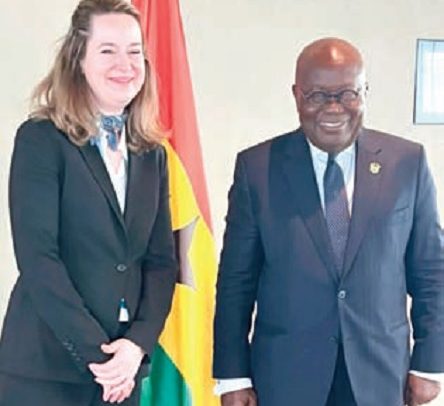
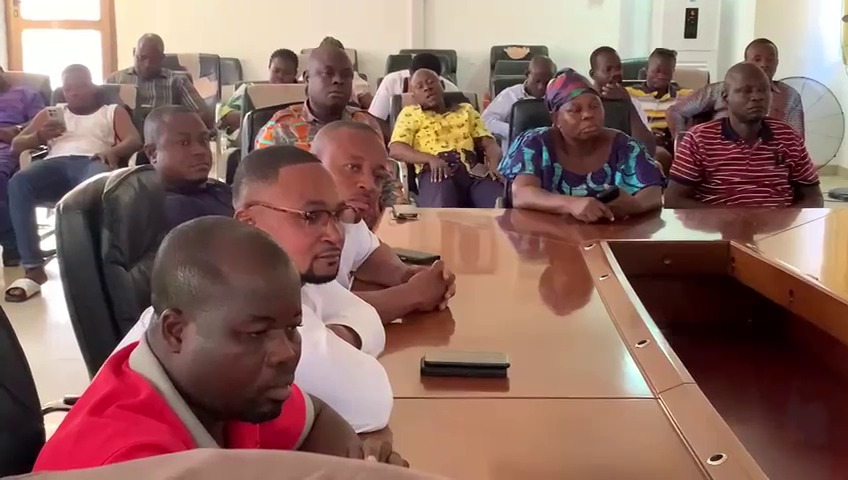


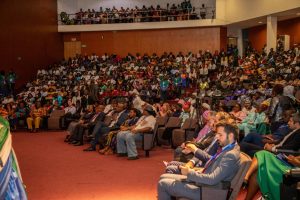
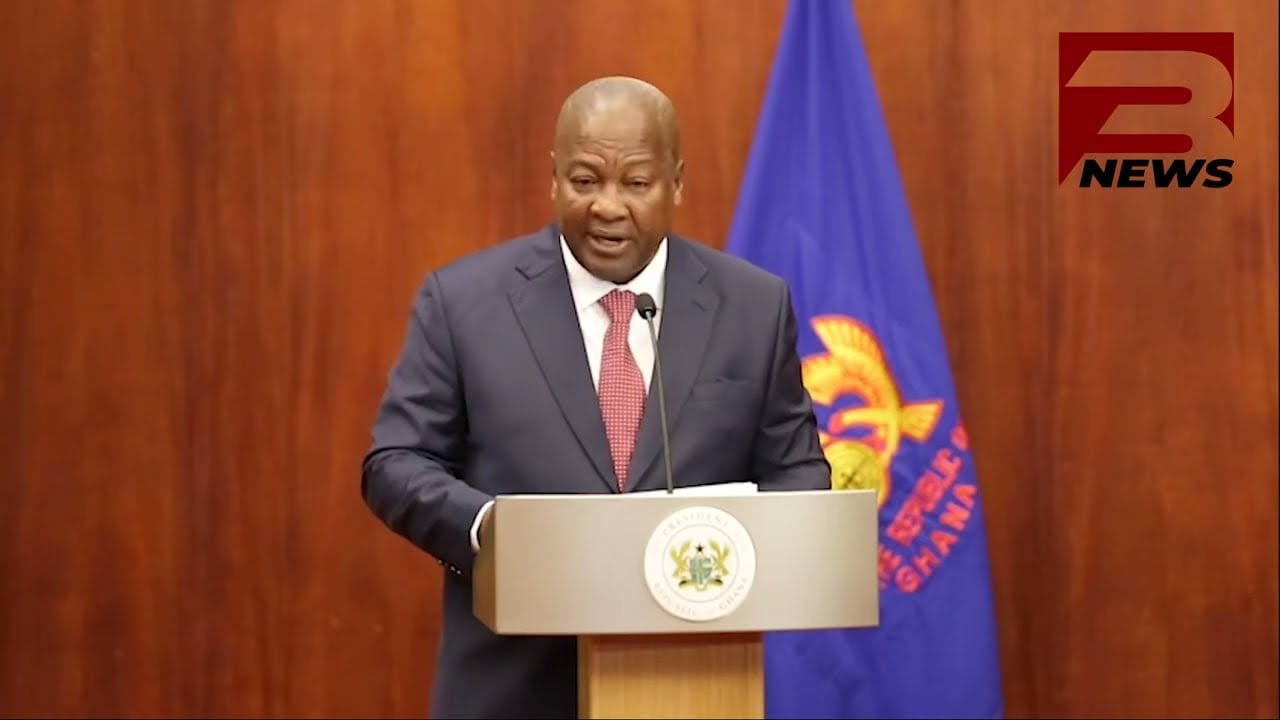







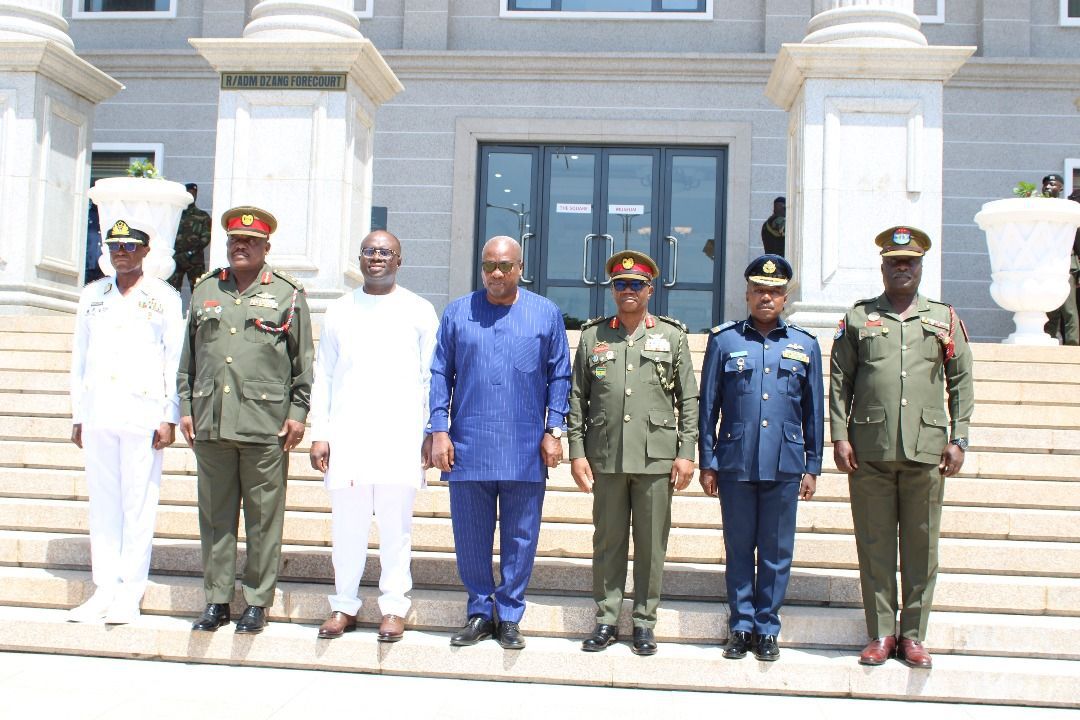

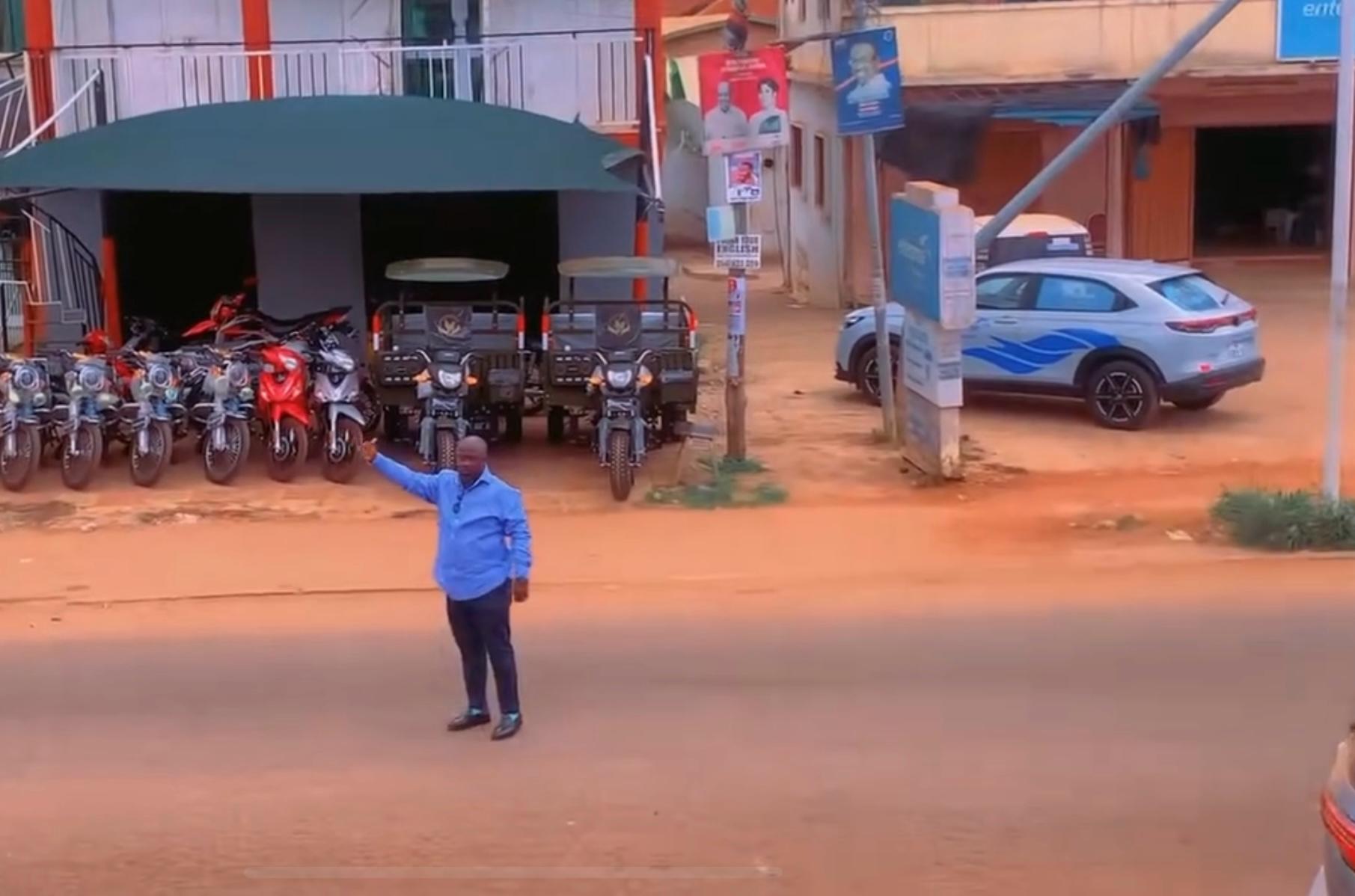
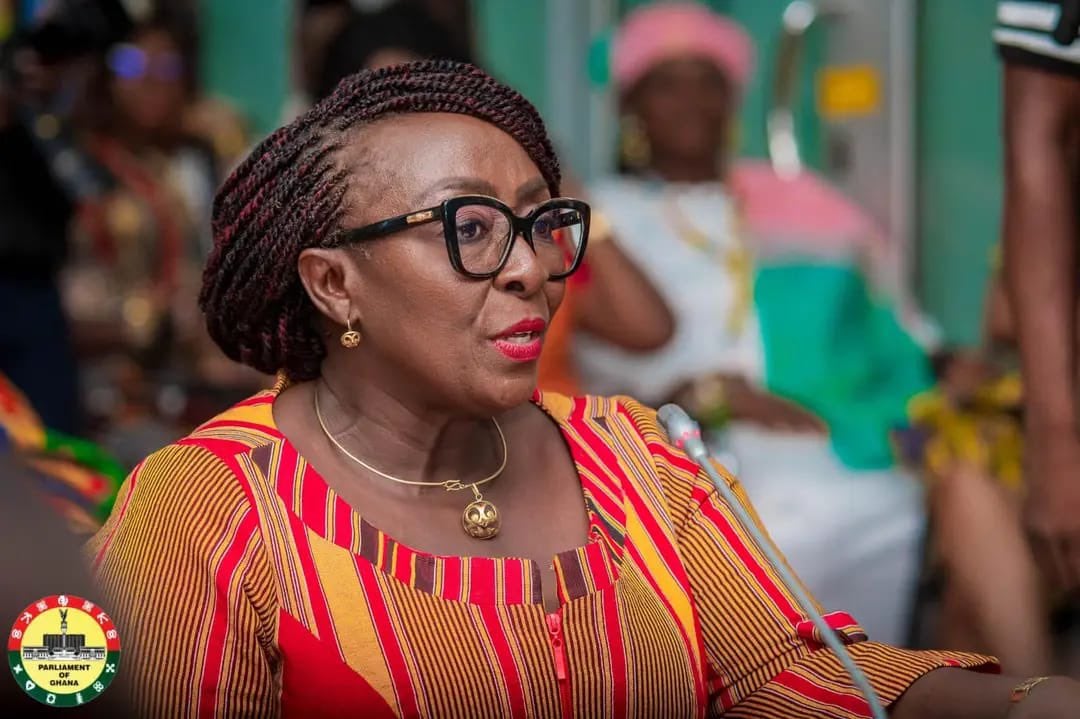

Facebook
Twitter
Pinterest
Instagram
Google+
YouTube
LinkedIn
RSS